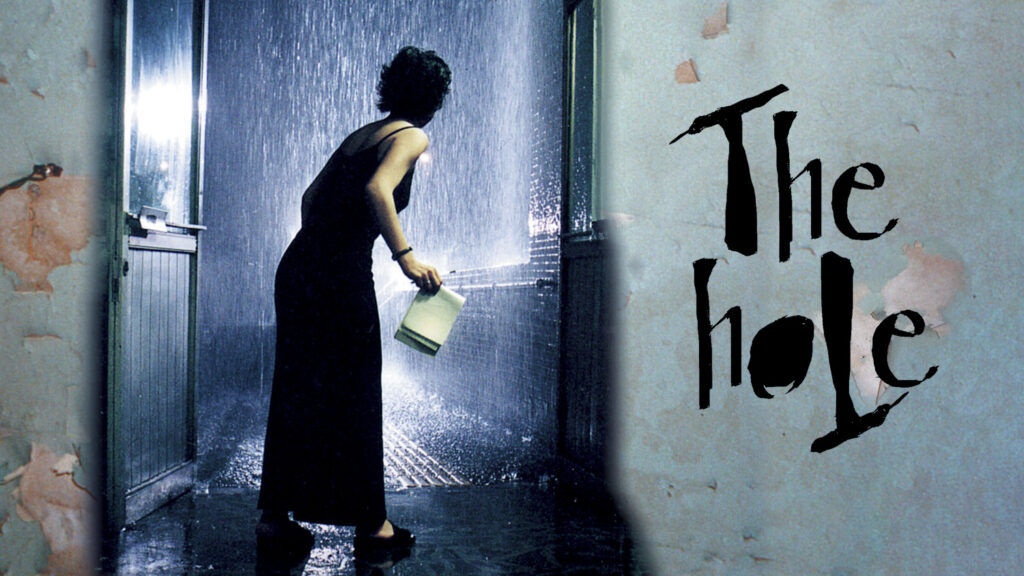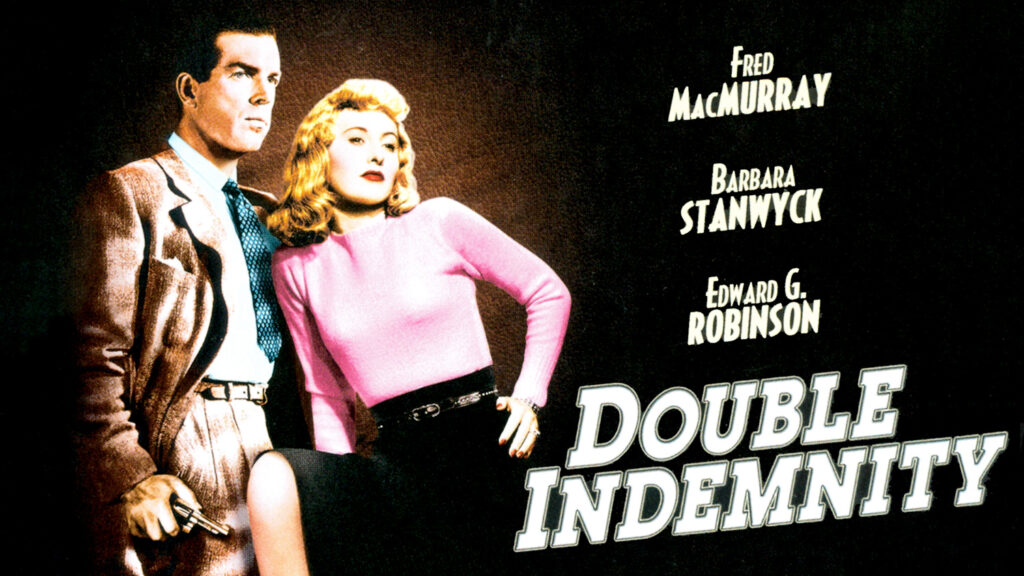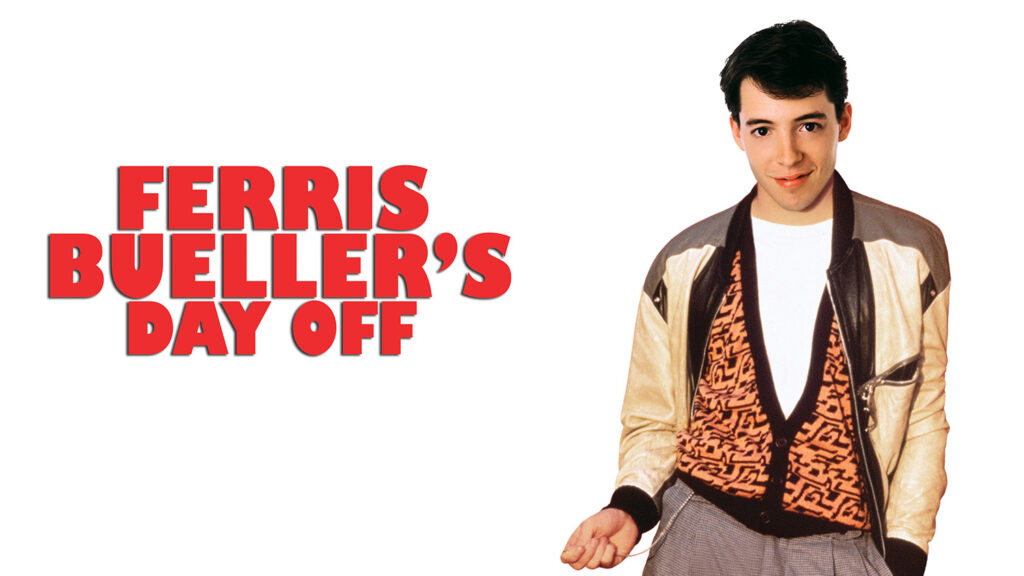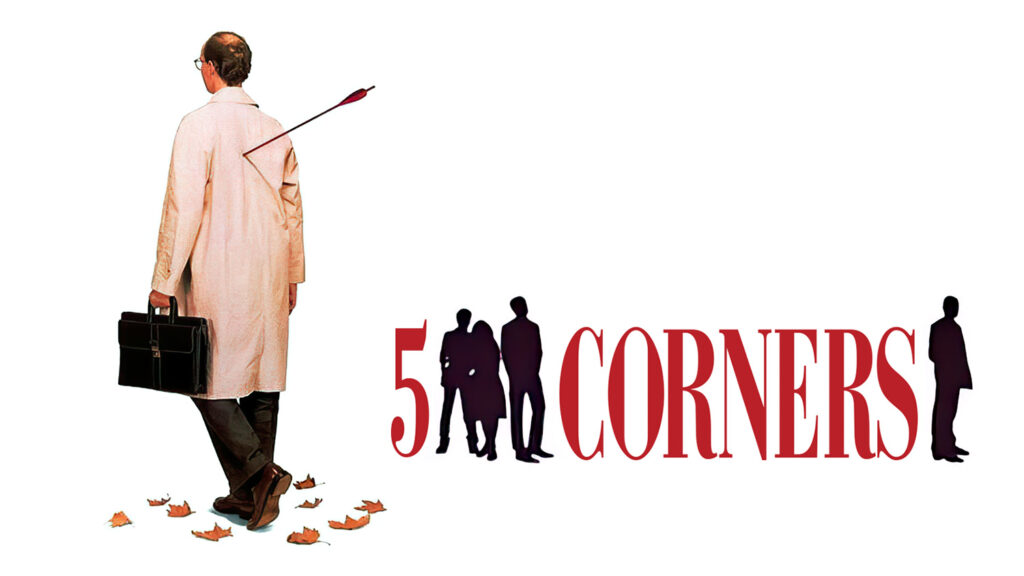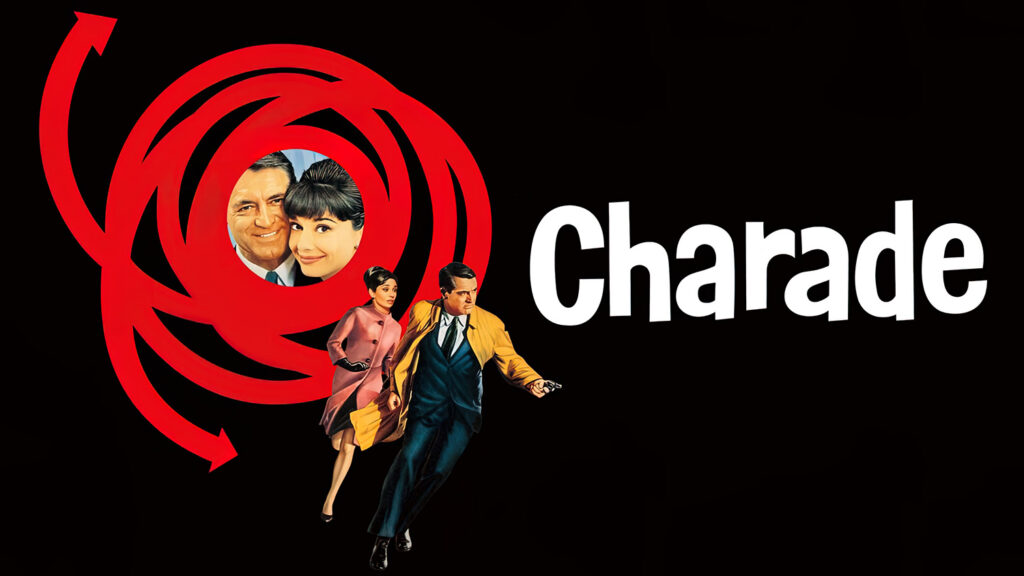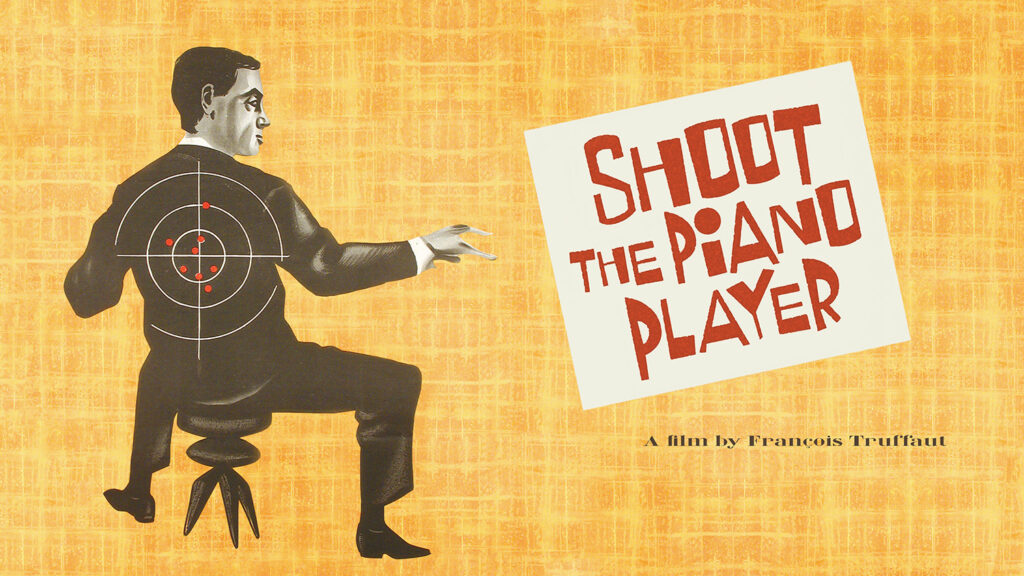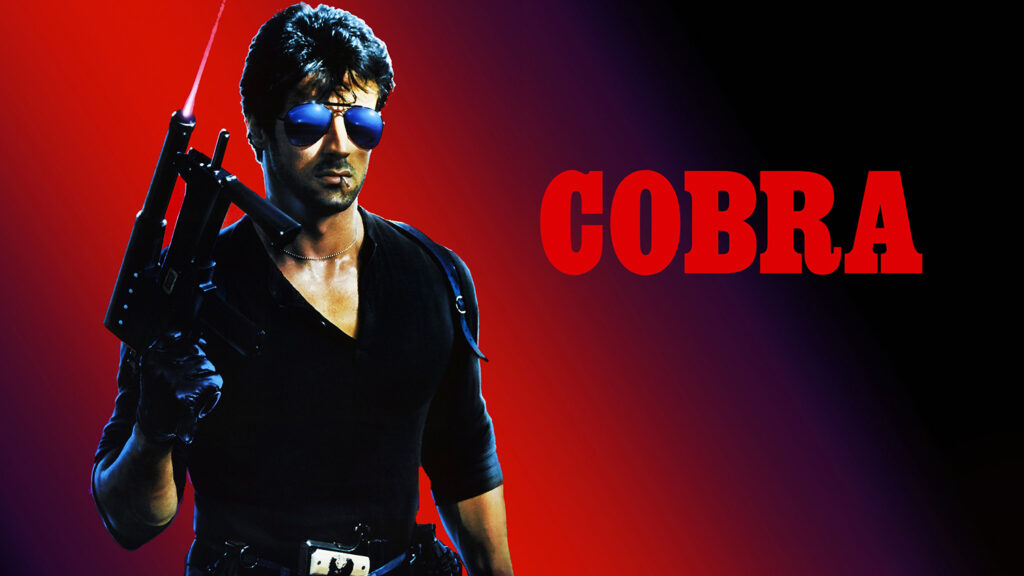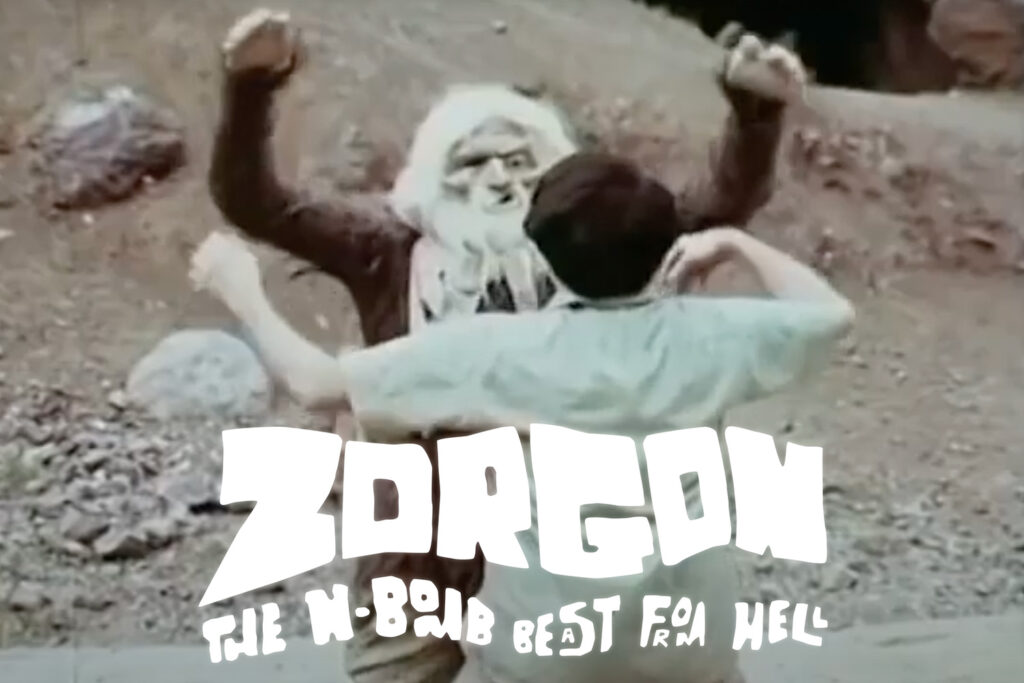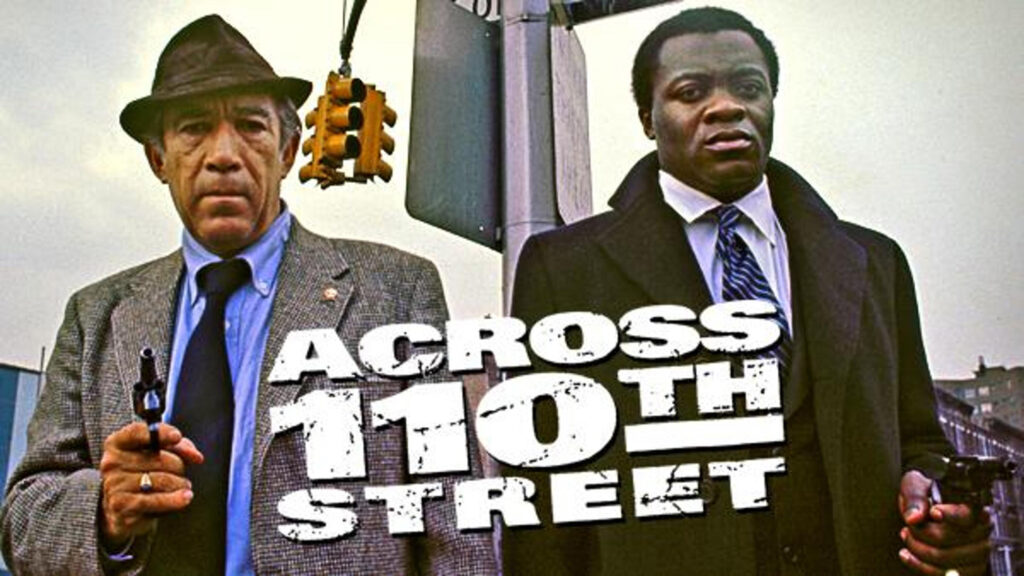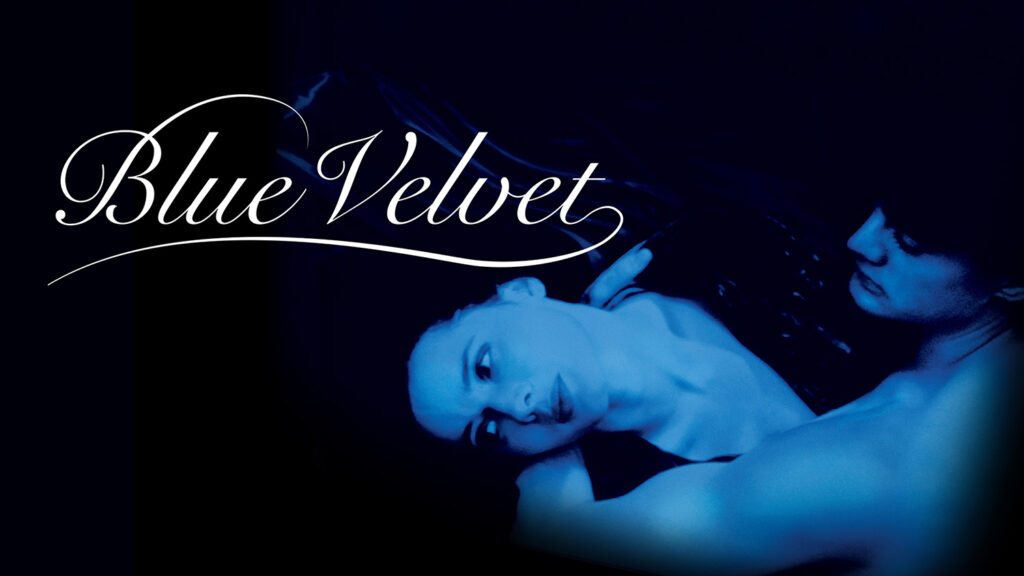The Hole (1998)
From the opening, The Hole seems awfully familiar. A global pandemic, quarantines, masks, disinfections, toilet-tissue hoarding. It’s so 2020.
Yet, The Hole was made 22 years ago.
If you’re expecting a moderately-paced movie, you should look elsewhere. Director Tsai Ming-liang takes his time with this one.
And it’s a curious one that you continue pondering long after it’s over.
In a nutshell, The Hole is about two residents who live one above another in a Taiwanese apartment complex, and the relationship that grows between them due to a hole in their floor/ceiling. Lee Kang-sheng plays the man upstairs, while the unnamed woman downstairs is played byYang Kuei-mei.
But that summary doesn’t really do the movie justice.
